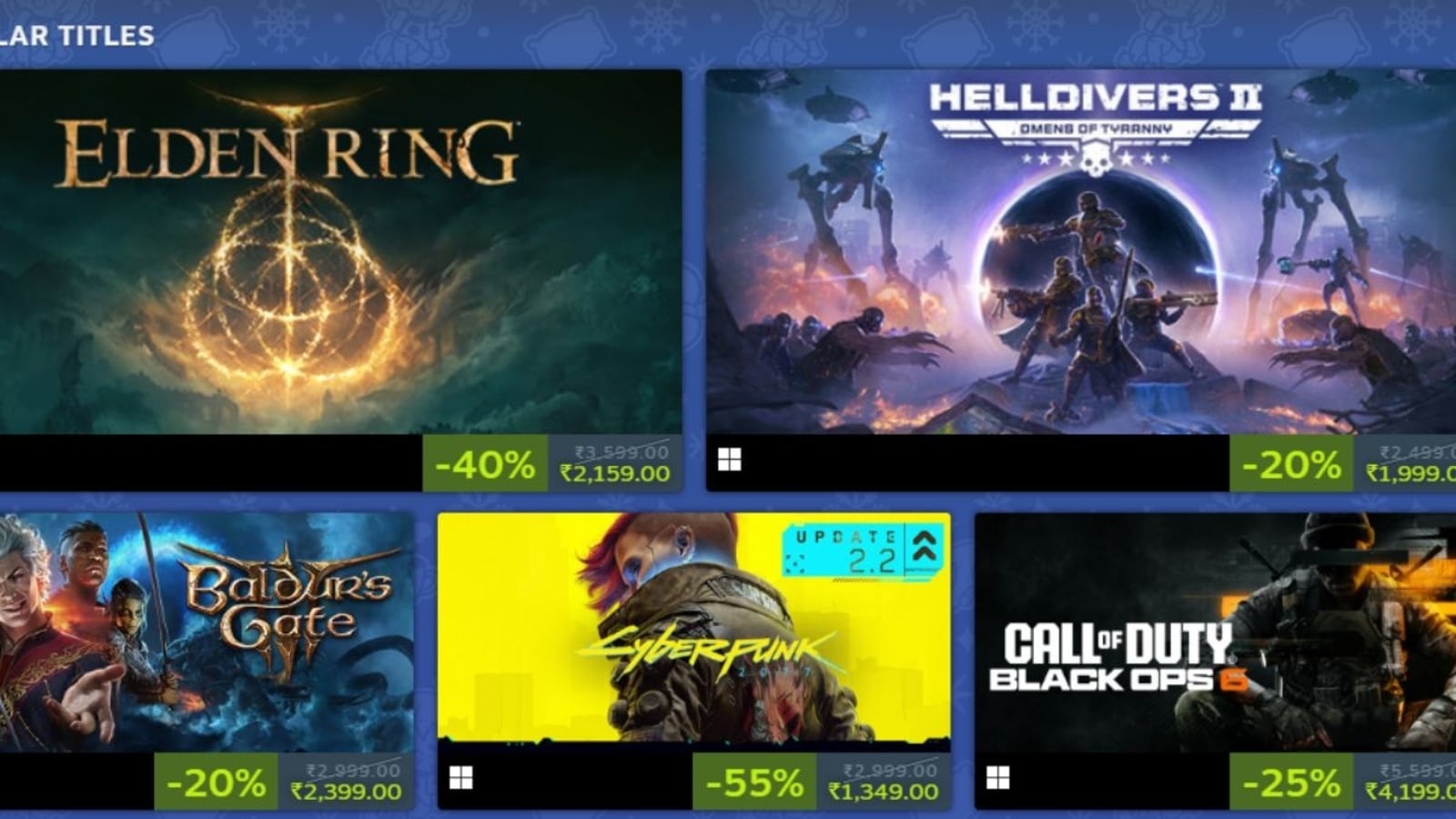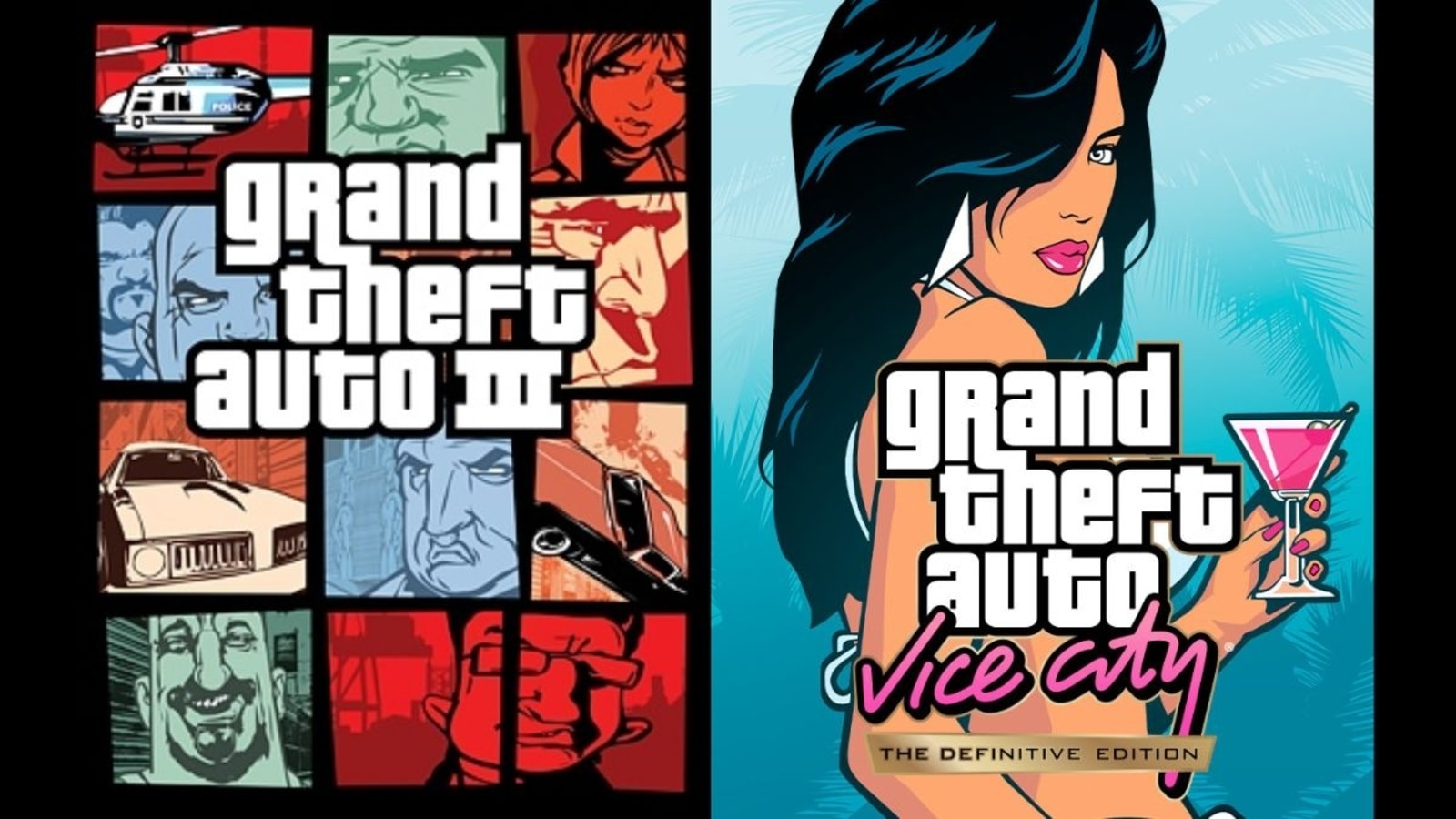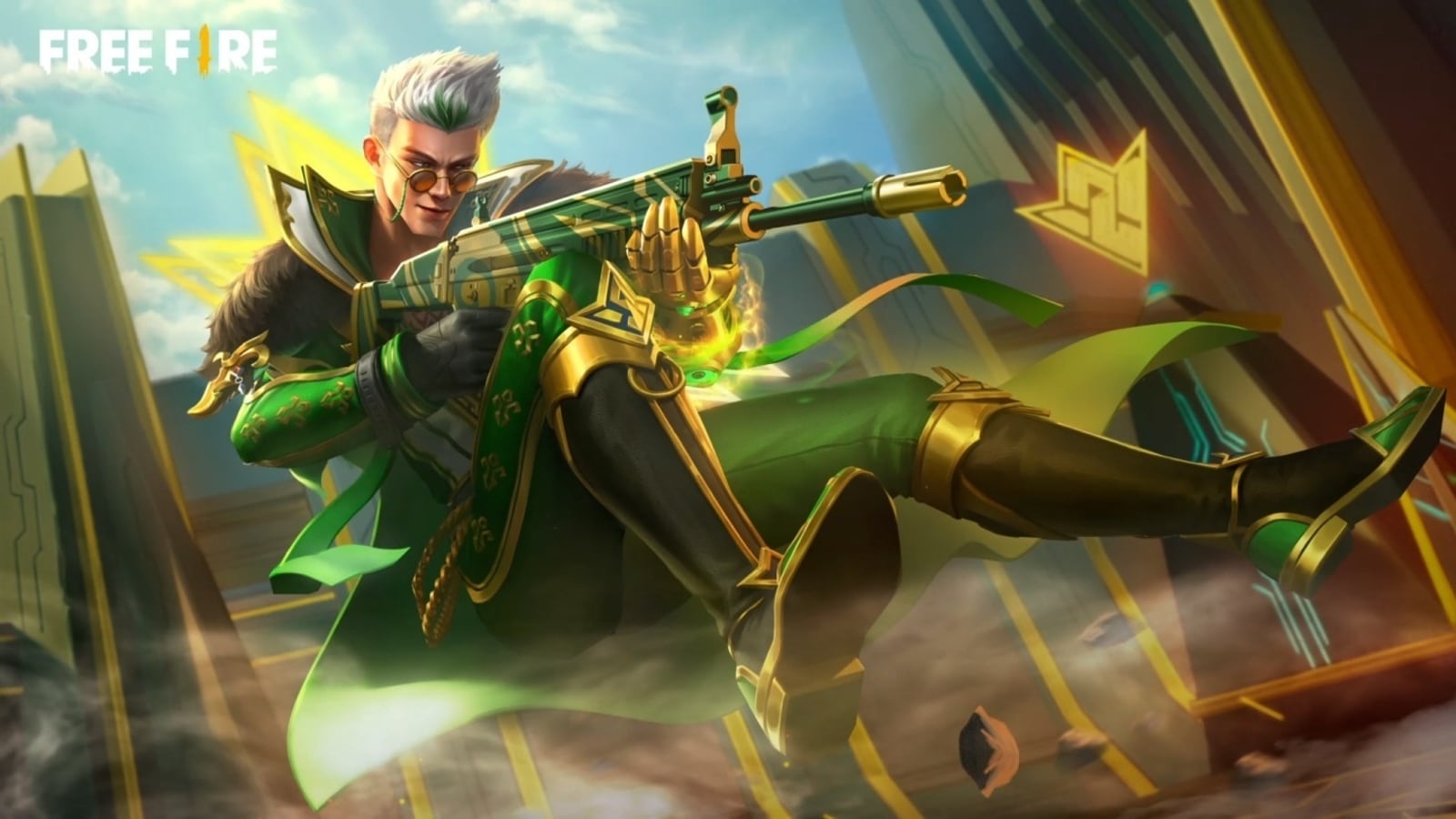KYIV, Ukraine — Before Russia’s full-scale invasion of Ukraine, President Volodymyr Zelensky was often brushed off as a former comedian who stumbled into the job of leading a nation with the seemingly naïve promise of cleaning up Ukraine’s endemic corruption.
After a quick trip Tuesday to the bloodiest theater in the war, he arrived in Washington on Wednesday a national hero and global superstar, having forged a leadership style blending personal daring with deft messaging to rally his people at home and his allies abroad.
That aura has served him and his country well to this point. But Mr. Zelensky arrives in Washington at a pivotal time for Ukraine, when his troops’ lightning counteroffensives from this fall are slowing down. He will be pleading for the more powerful weapons he believes Ukraine needs, but he will have to walk a fine line.
By taking a daring trip abroad during wartime, he is seeking to project strength and show confidence that Ukraine will ultimately prevail. But to make the case for continued financial and military support, he needs to draw attention to the dire threat Ukraine still faces without seeming weak.
“President Zelensky would like to present this trip as serious progress in the war,” Volodymyr Ariev, a member of Parliament in the opposition European Solidarity Party, said in an interview. “It’s a pretty clear message that the alliance of the United States and Ukraine is maintained and is quite strong.”
In Ukraine, the visit was also seen as tied to the American political calendar, coming as control of the House passes to the Republican Party, some of whose members have voiced skepticism of continuing to funnel assistance to Ukraine.
Another of Mr. Zelensky’s principal aims, analysts say, is to maintain unified American support for the war, doing whatever he can to avoid having it devolve into a partisan issue.
“Zelensky should not maneuver between the Democrats and Republicans,” Yevhen Mahda, a political commentator in Kyiv, said in an interview. “He should suggest a new paradigm — the paradigm that Ukraine today is at the epicenter of the battle between good and evil.
“And by supporting Ukraine, the United States supports good,” Mr. Mahda added. “This is the necessary message.”
Mr. Zelensky, a former comedian, has always had a keen sense of image and storytelling in politics, which is evident in his following up a frontline visit to the eastern city of Bakhmut — with booming artillery as a backdrop — with his address to Congress.
“It’s an honor for me to be here today,” Mr. Zelensky had told the soldiers in Bakhmut, where Russia has been pressing a fierce offensive for months. To those with children, he said, “I wish that your sun, that is your children, will shine for you, for them to motivate you to survive, for sure, and defend your families, our families, all of our state and the future of our children.”
At a news conference on Wednesday with President Biden in Washington, where he delivered a personal plea for more economic and military support, he had a similar message when asked what he would want the world to know: “I wish you peace,” he said, switching from Ukrainian to English. “And you understand it only when the war is in your country.” He added: “I wish you to see your children when they will go to universities, and to see their children.”
Analysts say that Mr. Zelensky is also keenly aware that he needs to bolster the morale of his people, millions of whom are living without electricity, water or heating as winter sets in.
For the most part, however, Mr. Zelensky faced no political pressure at home and was free to tailor the trip to the imperative of filling out his military’s arsenal for the war.
The United States is by far the largest foreign supplier of weapons to the Ukrainian Army. But the Biden administration has carefully calibrated its assistance to Ukraine, holding back longer-range and more powerful weapons for fear of Ukrainian strikes on Russian territory that could drag NATO into the war.
Two successful Ukrainian counteroffensives in the northeast and in the south have run their course, and the Russian and Ukrainian armies are digging in along a new, 600-mile front line. To maintain that progress, Ukrainian officials and analysts say, its military needs more advanced weapons systems.
Mr. Zelensky will have the opportunity to address the concerns of U.S. lawmakers about the oversight of military and financial aid to Ukraine, and he could be pushed on domestic matters like press freedom, fighting corruption and ensuring checks and balances between the courts and executive branch.
But Mr. Zelensky’s major objective is to portray the war in stark terms of good versus evil that he hopes will transcend American politics and will give “a sense of the rightness of his cause and the sense of what his people and his soldiers feel,” said Yuri Makarov, the editor in chief of the Ukrainian national broadcasting company.
Maria Varenikova contributed reporting from Kyiv.

























